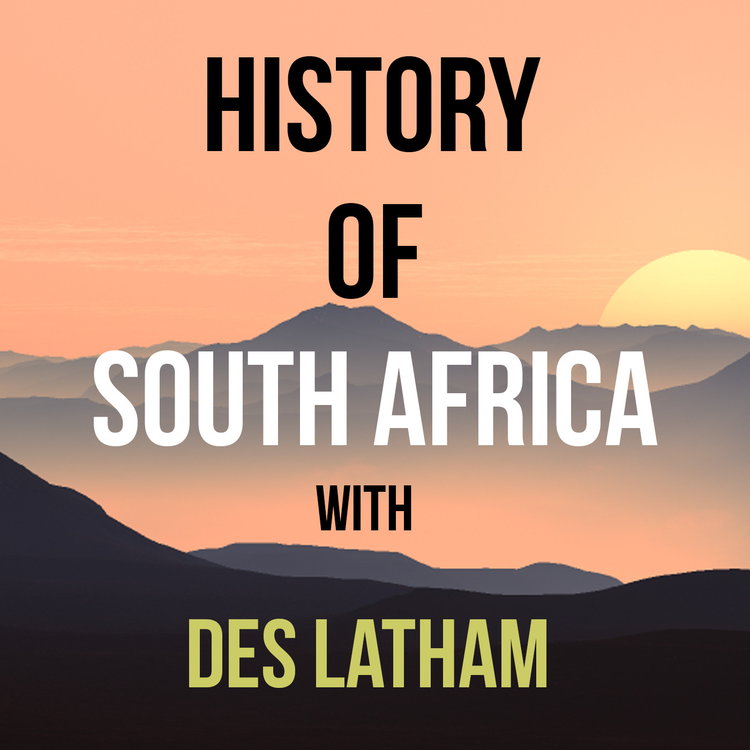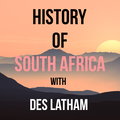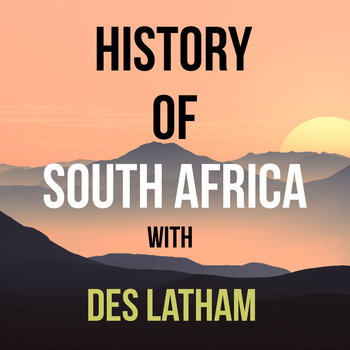
Episode 5 - The Mapungubwe empire emerges from Indian Ocean trade networks in southern Africa
Loading player...
The distinction between the eastern and well-watered part of the country with summer rainfall and good soils, and the more arid western region with its mainly winter rainfall is critical to understanding the spread of domesticated grains and livestock.
Pastoralists who farmed cereals are called Agro-pastoralists and these people preferred the Eastern region with its higher rainfall.
Sheep and later cattle herding pastoralists favoured the west initially.
This is one of separation points in South African history because the western people never did manage to manufacture their own iron-implements they merely bartered these when required.
They exchanged iron products from the Tswana and Sotho as well as the isiXhosa who were able to manufacture iron implements and weapons.
Then cattle arrived in the Cape and it looks like these came from the north east with early Tswana and Bantu pastoralists. This migration accelerated along with the increased size of settlements around 1000 years ago.
Remember by this time, people living in the latter part of the first millennium had already been trading constantly with the entrepots to the East, the Indian ocean ports, for generations.
This trade intensified after 1000AD first with Swahili-speakers based along the seaboard from modern Mozambique and north along the East African coast where Arab and other merchants would ply their trade from Zanzibar – through to the Red Sea.
The coastlines of East Africa as far South as Madagascar and of west Africa as far south as Sierra Leone were known to the Phoenicians, Greeks and Romans.
The East African coast had a string of Hindu settlements hundreds of years before the Christian era. Until the 4th Century AD, the Sabaean kingdom of Southern Arabia controlled the east coast of Africa.
Pastoralists who farmed cereals are called Agro-pastoralists and these people preferred the Eastern region with its higher rainfall.
Sheep and later cattle herding pastoralists favoured the west initially.
This is one of separation points in South African history because the western people never did manage to manufacture their own iron-implements they merely bartered these when required.
They exchanged iron products from the Tswana and Sotho as well as the isiXhosa who were able to manufacture iron implements and weapons.
Then cattle arrived in the Cape and it looks like these came from the north east with early Tswana and Bantu pastoralists. This migration accelerated along with the increased size of settlements around 1000 years ago.
Remember by this time, people living in the latter part of the first millennium had already been trading constantly with the entrepots to the East, the Indian ocean ports, for generations.
This trade intensified after 1000AD first with Swahili-speakers based along the seaboard from modern Mozambique and north along the East African coast where Arab and other merchants would ply their trade from Zanzibar – through to the Red Sea.
The coastlines of East Africa as far South as Madagascar and of west Africa as far south as Sierra Leone were known to the Phoenicians, Greeks and Romans.
The East African coast had a string of Hindu settlements hundreds of years before the Christian era. Until the 4th Century AD, the Sabaean kingdom of Southern Arabia controlled the east coast of Africa.

